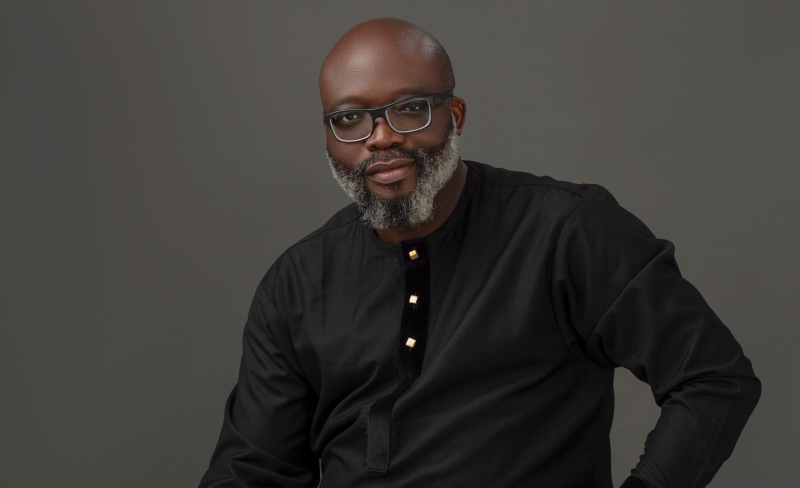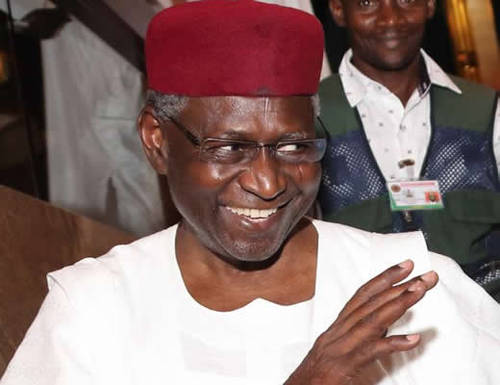Nigeria has attained 78 per cent of the 80 per cent national target for the Human Papilloma Virus (HPV) vaccination set for the pilot states where the vaccine was rolled out.
Dr Joseph Urang, the Immunisation Officer, Rivers State Primary Health Care Management Board, disclosed this in Port Harcourt during a two-day media dialogue on “Care for Small and Sick New-Borns, Oxygen Availability and the Introduction of HPV Vaccine in Nigeria.”
According to him, the data is as at Nov. 16, some weeks after the first phase of the vaccine roll out on Oct. 24.
The immunisation officer said that the data was for 14 states, namely — Abia, Adamawa, Akwa Ibom, Bauchi, Benue, Enugu, Jigawa, Kano, Lagos, Nasarawa, Ogun, Osun, Taraba and the Federal Capital Territory (FCT), where the vaccines were rolled out.
The Federal Government secured over six million doses of the HPV vaccine to protect girls aged nine to 14 years against cervical cancer and related diseases.
Urang said Taraba had the highest vaccination rate of 98 per cent, while Lagos had the lowest rate at 31 per cent.
He described HPV as double-stranded DNA viruses that could cause benign diseases, precancerous lesions and invasive malignancy.
He said “there are over 170 types of viruses, with 12 currently classified as carcinogenic. HPV infects the basal keratinocytes of genital mucosa, oral mucosa and the skin, predominantly spread through sexual contact.”
He added that long-lasting infection with certain types of HPV was the main cause of cervical cancer.
He explained that “in Nigeria, cervical cancer is the second most common cancer in women, accounting for approximately 16 per cent of all female cancers.”
Quoting the World Health Organisation (WHO), he said “cervical cancer is the fourth most common cancer among women globally, with an estimated 604,000 new cases and over 31 million deaths annually.
“Nigeria has a population of 56.2 million women aged 15 years and older at risk of developing cervical cancer.
“Current estimates indicate that every year 12,075 women are diagnosed with cervical cancer and 7,968 die from the disease.
“Cervical cancer ranks as the second most frequent cancer among women in Nigeria and the second most frequent cancer among women between 15 and 44 years of age.”
Urang also said that about 3.5 per cent of women in the general population were estimated to harbour cervical HPV-16/18 infection at a given time, while 66.9 per cent of invasive cervical cancers were attributed to HPVs 16 or 18.
He, therefore, urged parents and guardians to allow their daughters take the HPV vaccine, saying “the vaccine is free, safe and potent against the virus.
“The perfect time to take the vaccine is between nine and 14 years of age, as it is most potent.”
He emphasised that there were no known adverse effects following immunisation.




